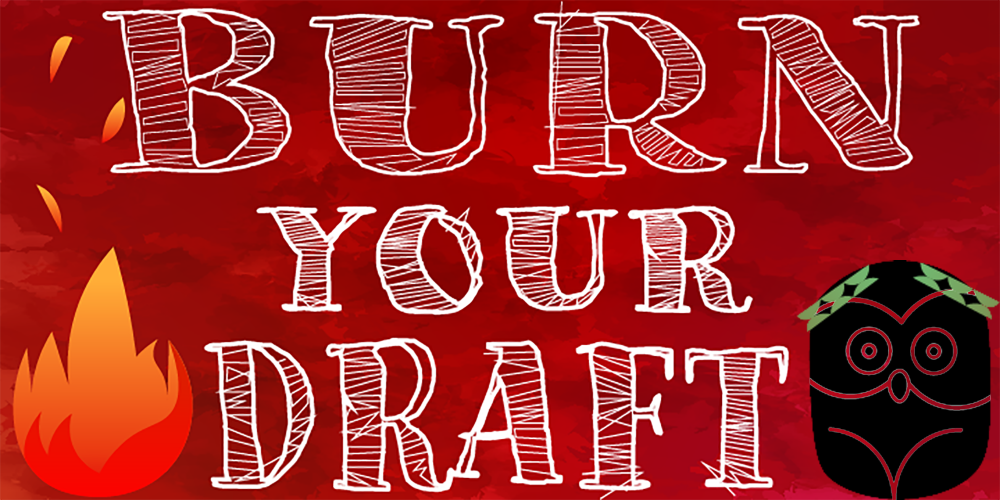
Do you want to listen to this episode? Or do you want to want to listen to this episode? Ashley tells us a bit about first and second order desires in her thesis studying moral responsibility. She also shares with us how she selected her major and shares some of her own struggles with mental illness in her time at Reed.
Reed community members can read Ashley’s thesis, “How Mental Illness Impacts Moral Responsibility,” online in the Electronic Theses Archive.
